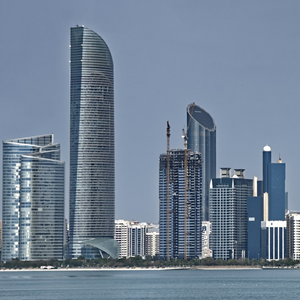

More specifically, Article 23 of the aforementioned draft budget law provides for the following changes:
– the increase of the tax on the value of real estate located abroad (IVIE) from 0.76% to 1.06% for real estate abroad wherever owned:
– the increase of the tax on the value of financial assets held abroad (IVAFE) from 0.2% to 0.4% on the value of financial products held in ‘black list’ countries.
IVIE is due by taxpayers resident in Italy (individuals, non-commercial entities, ‘società semplici’ and similar) who own or hold real estate held abroad. The tax rate increase on foreign real estate, as clarified in the Illustrative Report, is intended to bring the tax into line with the maximum rate provided for municipal tax (IMU) for real estate available in Italy.
The increase in the IVIE rate, in a nutshell, will have a significant impact especially with respect to real estate located outside the European Union or the European Economic Area. In fact, with reference to real estate located in EU or EEA countries, the IVIE is applied on the cadastral value of the property, while for real estate located in non-EU and non-EEA countries, the taxable base is the purchase cost of the property, or in the absence thereof, its market value. The increase in the rate from 0.76% to 1.06%, therefore, will have a greater impact on, for example, those who own property located in the UK, since already following Brexit the IVIE can no longer be applied on the value of the property calculated for Council tax purposes.
The IVAFE, on the other hand, is a wealth tax, currently levied at the rate of 0.2%, on financial products, bank accounts and savings accounts held abroad by Italian residents.
With regard to this tax, it should be noted that the draft Budget Law only affects financial assets held in blacklisted countries. For financial products held in such countries, the current tax rate doubles to 0.4 per thousand. In this regard, it should be noted that as of 2024, Switzerland will no longer be on the black list and, therefore, the taxation of financial products held there should not change.
The increase in the IVIE and IVAFE rates will, of course, have no impact on those who benefit from the so-called ‘regime for new tax residents’, pursuant to Article 24-bis of the Italian Income Tax Code. Such persons are in fact exempt from the tax monitoring obligation on foreign assets and investments, as well as from paying tax on the value of real estate held abroad and tax on foreign financial products.








